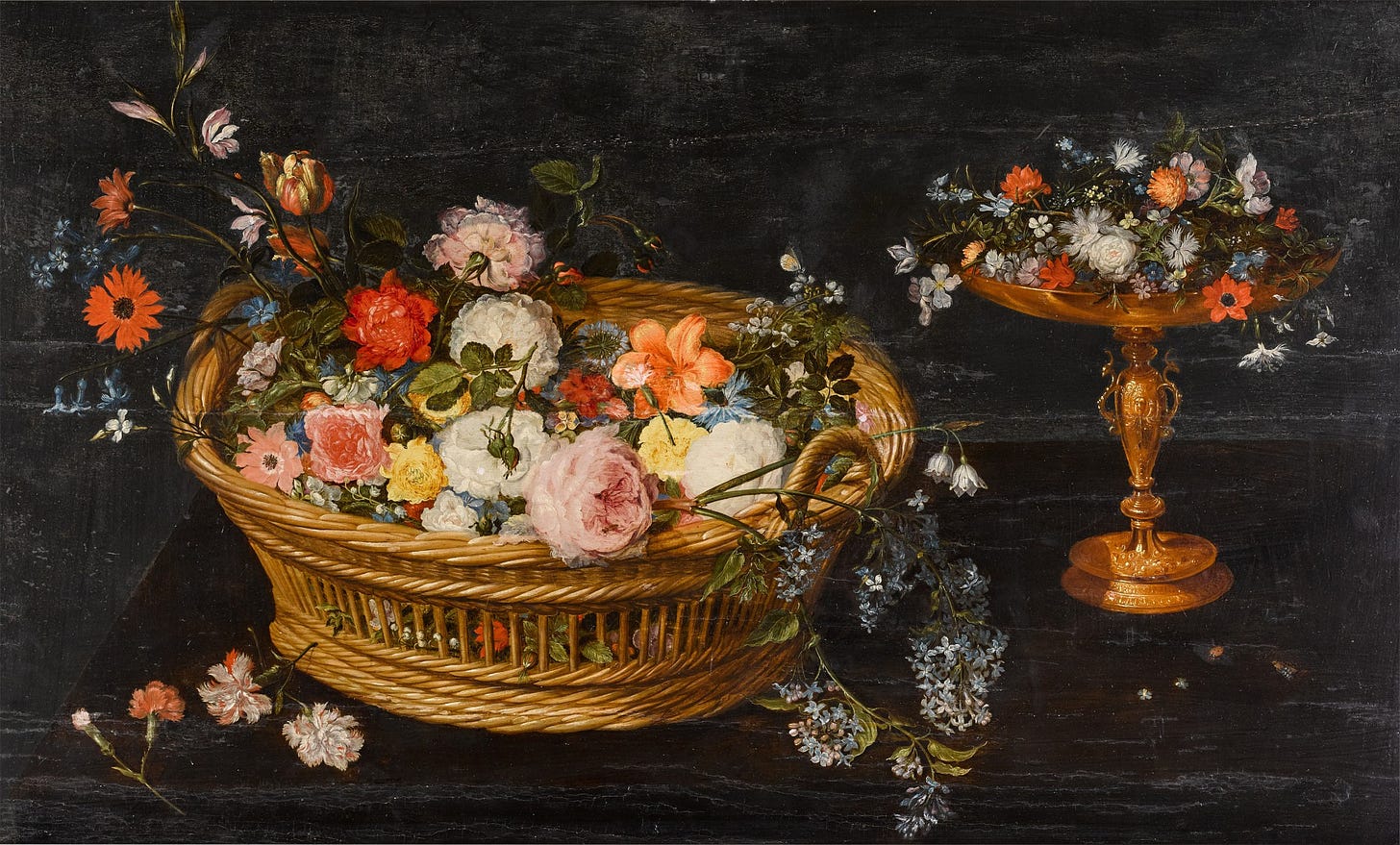No Rain
The effect is difficult for me to get a grasp on. I find it hard to identify exactly where the visual logic slips out of joint.
I am standing in front of the painting. It is not a large painting. I could hold it like a book, in one hand. I have to lean forward to see it properly, recessed as it is in a faded gilt frame. It has been painted, it appears to me, with fine, confident strokes, by a minuscule brush befitting its miniature scale. The picture has a strangely diffuse quality, as if a veil of translucent gauze has fallen across it. The colors, like the frame, are all dull and faded, giving the scene a gloomy atmosphere. Everything seems ready to disappear into shadow and ambiguity. The effect is exacerbated by apparent smoke damage. Before it hung here, it appears, this painting hung somewhere else, a place where it was not loved, or, at the very least, where those who loved it did not know how to care for it. The painting is of your grandfather’s house, the house that you visited only once, when you were very young. More specifically, it is of the chair in the front parlor where you saw your grandfather sitting on your only visit, sitting hunched forward, muttering to himself too quietly for you to hear, whittling something from a block of pale wood with a long hunting knife. The chair he didn’t get up from when you came in, didn’t even look up, as if he didn’t realize you were there. Thin strips of wood drifted steadily to the floor and collected, unconcerned, around his feet, curling inwards on themselves like dying insects. You had tried to speak to him, foolish child, had stepped an uncertain foot into the room, and he had suddenly changed his hold on the knife, had with a calculated flick loosened and gripped again in one fluid motion such that he was no longer holding it sideways against the face of the wood but crudely perpendicular, whole fist wrapped around the handle, and raised it up above his head and brought it down into the block as though stabbing at the heart of some exhausted beast, through the heaving ribcage brought it down into the center of the block nearly an inch deep and forced into it a ragged, ugly mark, an emblem for some wretched, ignoble martyr. Then he had turned the block over in his hand, had returned to his old grip, had resumed his quiet, patient whittling, muttering softly, hard at work bringing out of the wood some shape you could not know. In the painting, the chair is unoccupied. Looking closely, I can distinguish a darker outline painted into the upholstery, a sweat stain in your grandfather’s shape. A knife is embedded in the seat cushion, pointing straight down, its blade a streak of icy white in the dim surroundings. Although it has been painted with only two minute strokes, one for the blade and one for the handle, it bears a strong resemblance to the hunting knife your grandfather had used to whittle that chunk of pale wood. I can only assume it’s meant to be the very same. Beneath the chair is a hole in the world.


